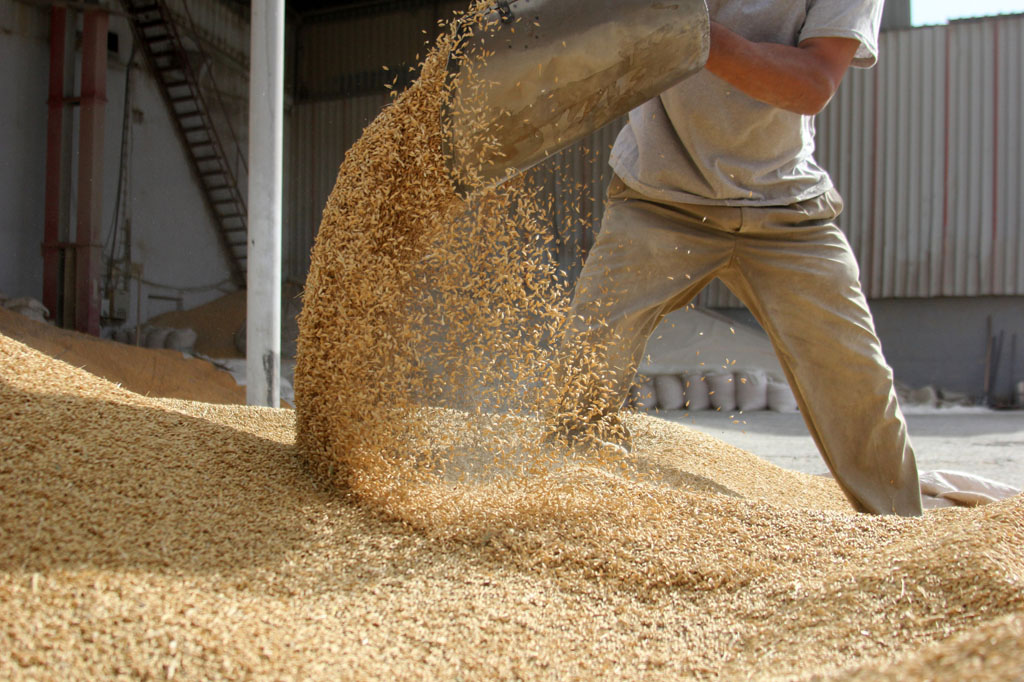The Polish Parliament has extended the exemptions to the provisions of the 2006 Feed Act, allowing the continued use of genetically modified (GM) feed ingredients until January 1, 2030.
Poland is a significant importer of soybean meal, including GM meal, with annual imports totaling $1.5 billion, according to a report.
The Parliament of Poland has extended exemptions to the provisions of the 2006 Feed Act (The Feed Law of July 22, 2006, Journal of Laws of 2023, item 1149), which bans the use of genetically engineered (GE) feed ingredients in animal nutrition, until January 1, 2030. The new regulations, which include this postponement as an amendment to the Act of September 27, 2024, will take effect on January 1, 2025. This marks the seventh amendment to the 2006 Feed Law, further delaying the ban on genetically modified feed for an additional five years.
According to the Polish Ministry of Agriculture, Poland currently lacks viable alternatives for imported soybean meal due to local climatic conditions and insufficient supplies of domestically grown plant proteins. The Ministry argued that implementing the ban would jeopardize the competitiveness of exports, particularly in the meat sector, as soybean meal is a crucial ingredient in compound feeds for poultry and pigs.
According to the Government of Poland, giving up GM soybean meal would also cause:
- a strong increase in the cost of production of industrial feed,
- a significant deterioration in the financial, economic and social situation in the sphere of pig production and input distribution,
- an increase in retail prices of animal food and animal products,
- deterioration of the competitiveness of the Polish swine and poultry sector on European and world markets
- the threat of increased imports of pork and poultry meat.
According to the report, Poland imports about 2.5 million metric tons (MT) of soybean meal each year, worth around $1.5 billion. Much of this used by the poultry industry, and Poland is the largest exporter of poultry meat in the EU.













